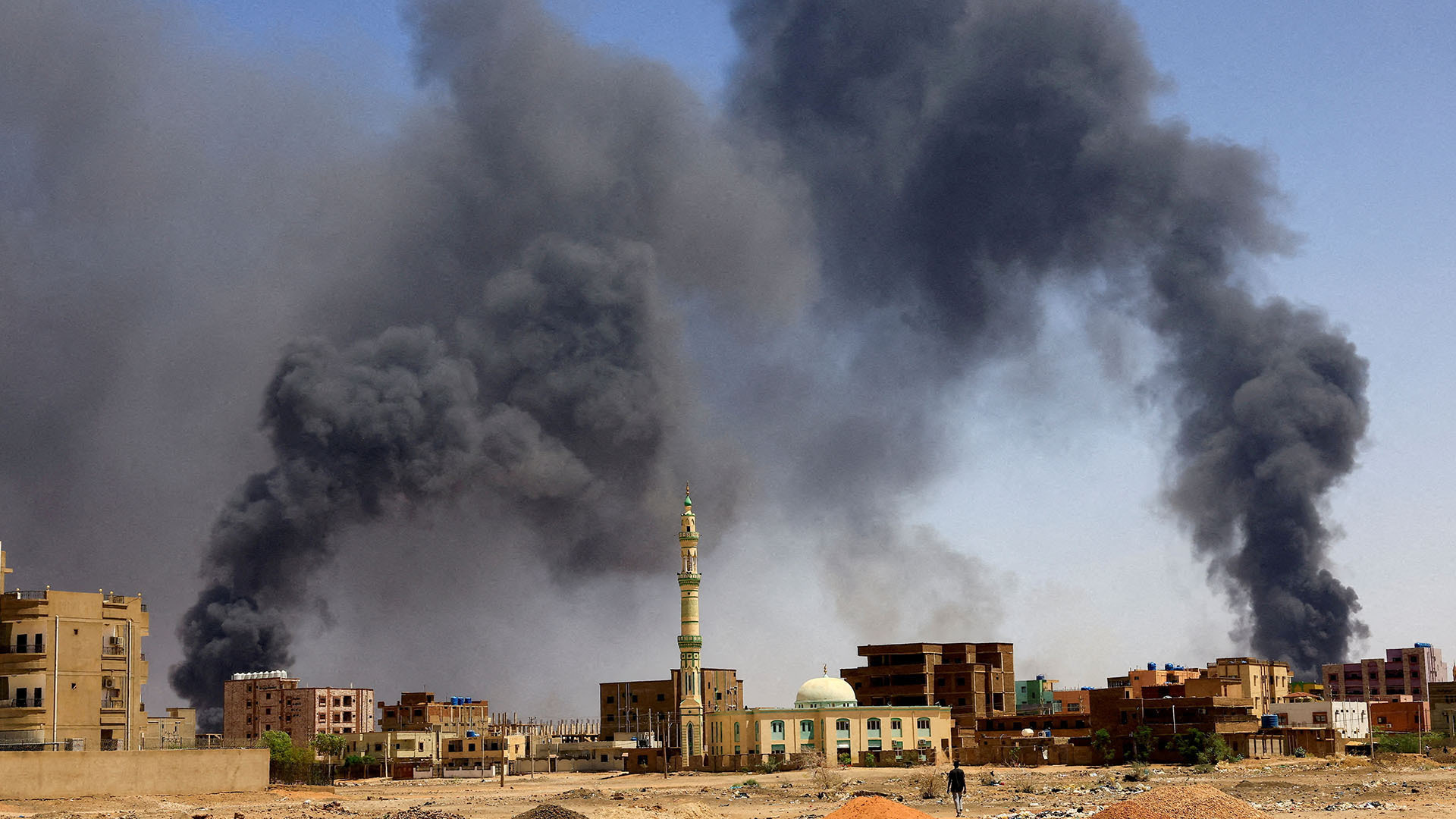Washington's imposition of sanctions and restrictions on both sides of the conflict in Sudan – which followed the army's announcement of the suspension of its participation in the Jeddah negotiations – provides a warning message that the continuation of the conflict and the commission of abuses and violations by any party will not be tolerated.
At the same time, they agreed that these sanctions will not have a direct impact on the conflict, nor will they push the parties to return to the negotiating table or abide by the demand for a ceasefire, expressing their fear of the expected scenarios as a result of these developments.
As ceasefire talks in Sudan risk collapsing after the military's decision to suspend its participation in the Jeddah negotiations, the United States has imposed visa restrictions, including Sudanese military and RSF officials, and sanctions on companies linked to them, accusing them of fueling the conflict in Sudan.
Dr. Abdel Fattah Mohamed, a visiting researcher at the Center for Conflict and Humanitarian Studies, said that these sanctions represent a warning message to both parties that the continuation of the conflict will not be tolerated, but their impact will not lead the parties to return to the negotiating table.
Speaking to the episode (2023/6/1) of the "Scenarios" program, he believes that this warning measure will not be enough, and that limiting it to sanctions will not be a useful solution to compel the two parties to acquiesce and listen to international demands, and implement what can be implemented to move forward to a better reality.
Rebate Accounts
According to Dr. Abdel Fattah Mohamed, the army's suspension of its participation in the Jeddah negotiations came from calculations that may be related to its feeling that the decisive hour is approaching, and therefore it wants to continue the confrontations on the one hand, and lift the moral cover on the other side on the other hand, by accusing it of committing transgressions on the ground.
He believes that the army's ability to resolve militarily is possible, but the cost will be very high in terms of civilian casualties, considering that the worst scenario is what Sudan is now experiencing from an open war in light of the cessation of all efforts and truce, and the repercussions of this will be tragic for the Sudanese people.
Brooke Haylu, a professor of political science and international relations at Addis Ababa University, agrees that these sanctions, while a warning message from Washington to the two sides not to continue to break the truce, are an assurance that it will continue to impose sanctions if they do not return to the negotiating table.
He told Scenarios that the impact of these sanctions may not appear directly, as the two sides have cash and quantities of gold, but these savings will run out with time, and Washington may continue to impose a series of economic sanctions, which will eventually weaken the strength of both sides.
Political warning
The impact is not limited to the economic and military aspects, as Hailo believes that the sanctions also represent a political warning message to international parties that support one of the parties, and that these sanctions may extend to them later.
He stressed the need to redouble efforts to pressure the parties to stop fighting at the earliest opportunity, implement the ceasefire agreement, return to negotiations and de-escalation, provide means to protect civilians and provide open routes for humanitarian assistance.
Dr. Osama Aidarous, an analyst of Sudanese political and military affairs, said the economic sanctions decision is strange, as the names of the sanctioned entities do not really exist on the ground, and were dismantled a long time ago and became just banners.
He said – in his speech to the program scenarios – that the US administration wants through these sanctions more than just warning the parties to the conflict, as they appear in the form of those who seek to do something, but in fact they do not address the issue of the conflict directly and in a way that ends it and stops the suffering of the Sudanese.
He believes that Sudan is heading towards one of two scenarios: the first is a military decision by the army during the coming period, or the parties move to a real truce based on a clear mechanism for the withdrawal of the military support forces from the vital facilities they control and the civilian homes they occupy to safe camps outside Khartoum.

